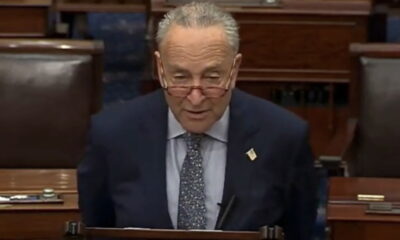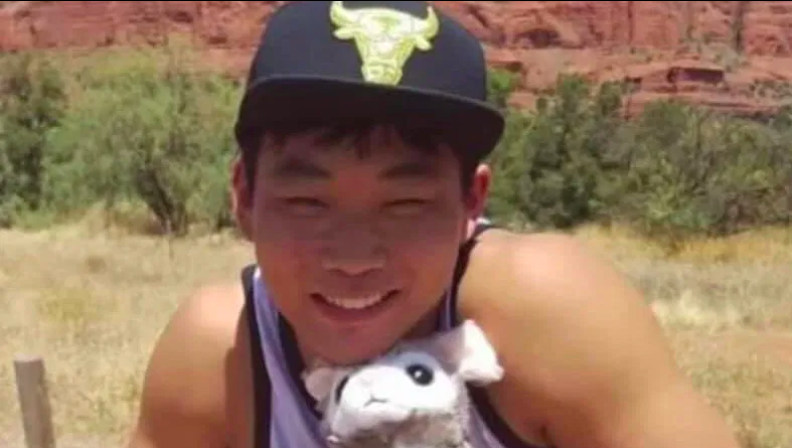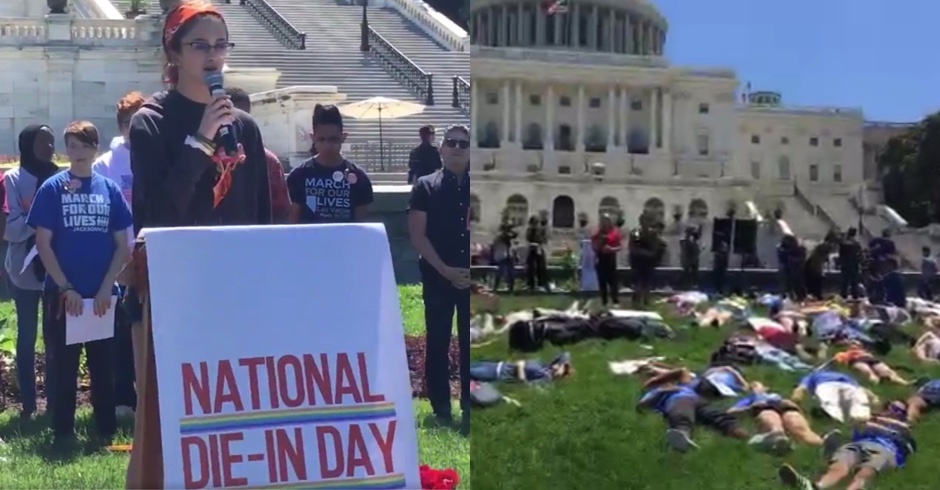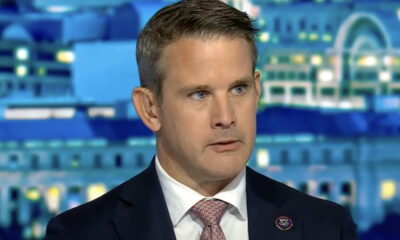#HonorThemWithAction
3 States & Over 20 Cities Have Declared Racism a ‘Public Health Crisis.’ Here’s What That Means
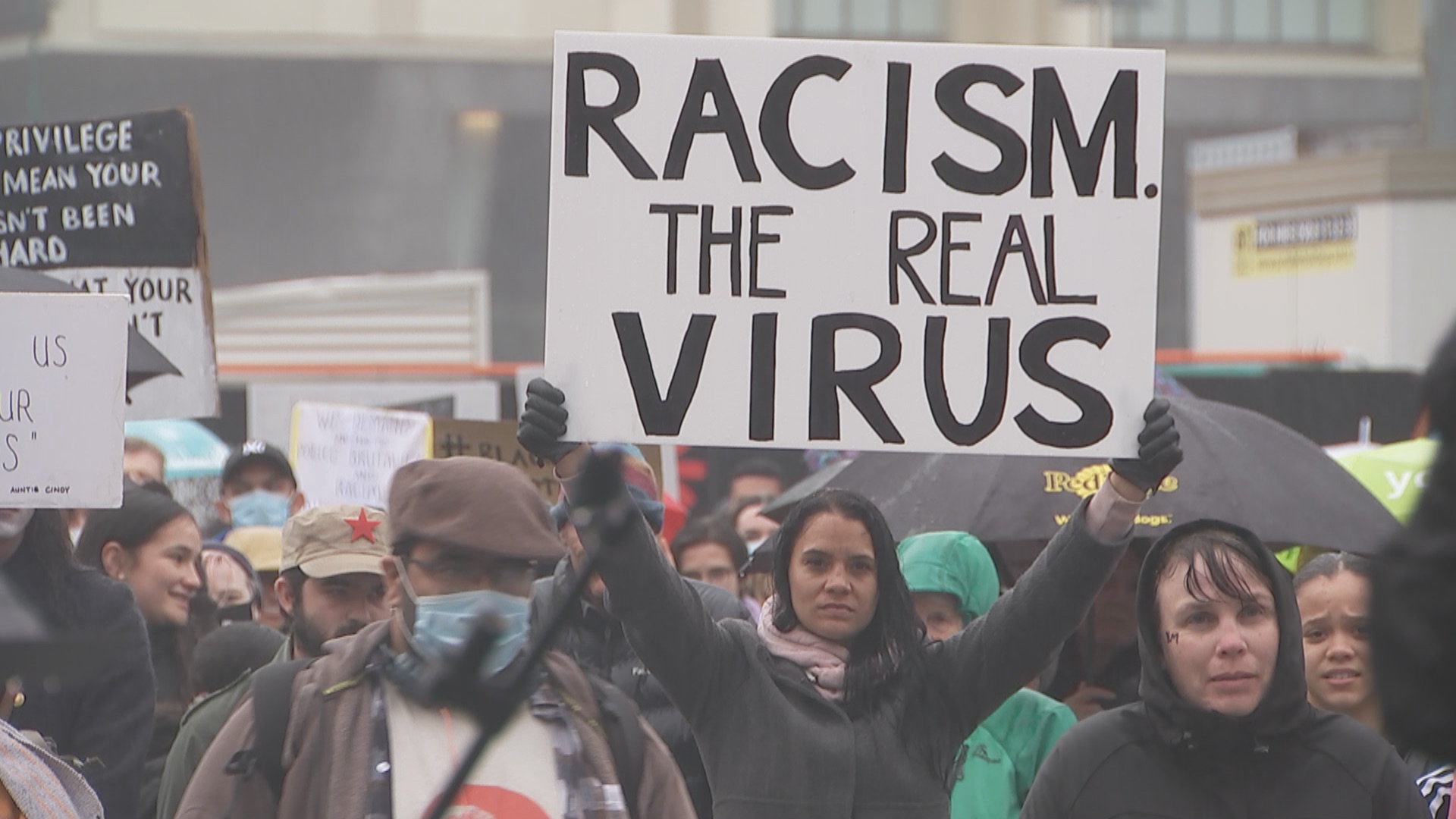
More than 20 cities and counties and at least three states — Michigan, Ohio and Wisconsin — have declared racism a public health crisis, according to the Pew Charitable Trusts, a public policy research group. Even Ohio’s Democratic U.S. Senator Sherrod Brown introduced a national resolution to do the same on June 3.
But while the declarations are meant to ignite changes on all levels of government to address threats to the Black community, they rarely ever entail specific policy or funding changes. Does that mean they’re mostly symbolic? Not entirely.
The declarations ideally serve as a starting point so that a city, county, or state can start calling on its different sectors — social services, transportation, healthcare, education, housing, criminal justice, budgets and taxes to name a few — to recognize racial inequalities and consider the best ways to resolve them.
As Pew points out, “Higher rates of poverty, unemployment, poor housing and toxic environmental exposure, as well as less access to quality medical care also contribute to poor overall health in Black communities.” The stress of everyday racism also has negative effects on Black health, contributing to chronic diseases such as high blood pressure, asthma and diabetes which ultimately shorten their lifespans.
By declaring racism as a public health emergency, states and local governments can encourage other community organizations — such as school boards, hospitals, businesses, and others — to make pledges to research and develop policies for improving the lives of black and brown residents
In order to be truly effective though, the resolutions require city and state administrations to appoint officials who will apply pressure, follow-up, and measure concrete changes rather than just issue supportive statements. Even better, future resolutions should create committees that will develop policy and funding changes to substantively address the issue.
Among the cities that have made such declarations are Boston, Massachusetts; Charlotte, North Carolina; Cleveland, Ohio; Dallas, Texas; Denver, Colorado; Indianapolis, Indiana; Kansas City, Missouri; Madison, Wisconsin; Pittsburgh, Pennsylvania; and at least eight counties across the United States.
Enjoy this piece?
… then let us make a small request. The New Civil Rights Movement depends on readers like you to meet our ongoing expenses and continue producing quality progressive journalism. Three Silicon Valley giants consume 70 percent of all online advertising dollars, so we need your help to continue doing what we do.
NCRM is independent. You won’t find mainstream media bias here. From unflinching coverage of religious extremism, to spotlighting efforts to roll back our rights, NCRM continues to speak truth to power. America needs independent voices like NCRM to be sure no one is forgotten.
Every reader contribution, whatever the amount, makes a tremendous difference. Help ensure NCRM remains independent long into the future. Support progressive journalism with a one-time contribution to NCRM, or click here to become a subscriber. Thank you. Click here to donate by check.
 |









